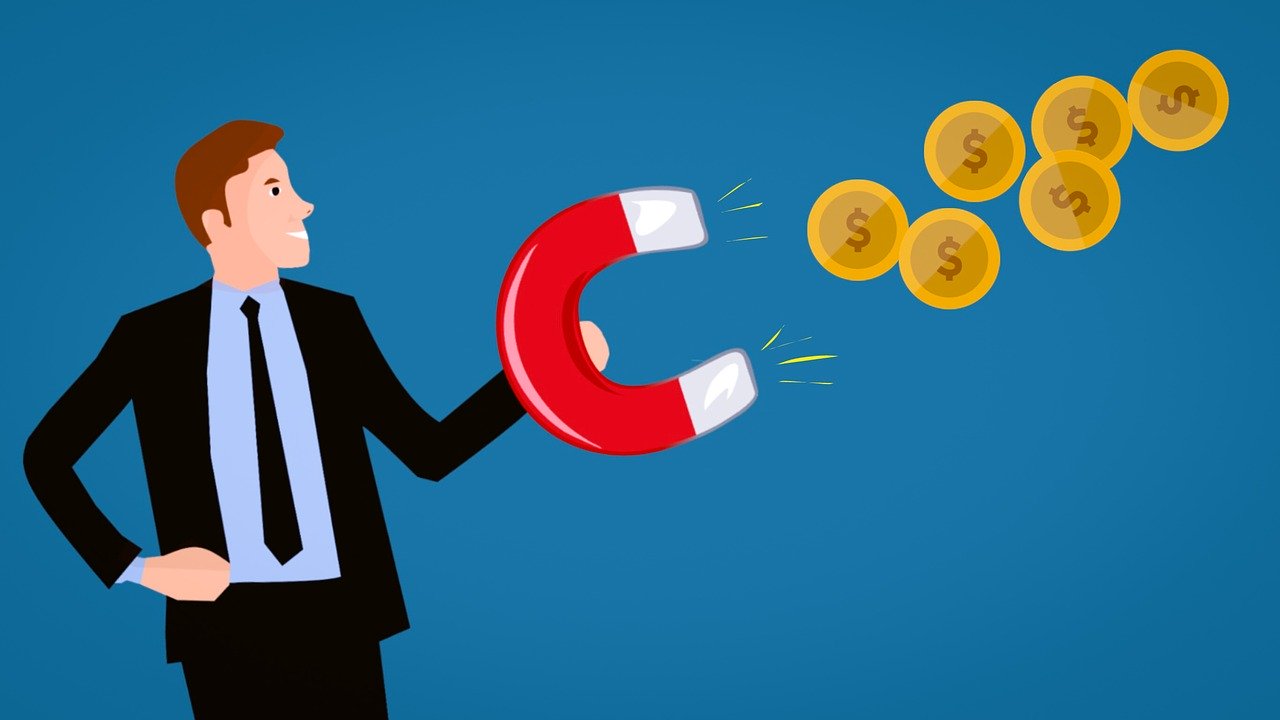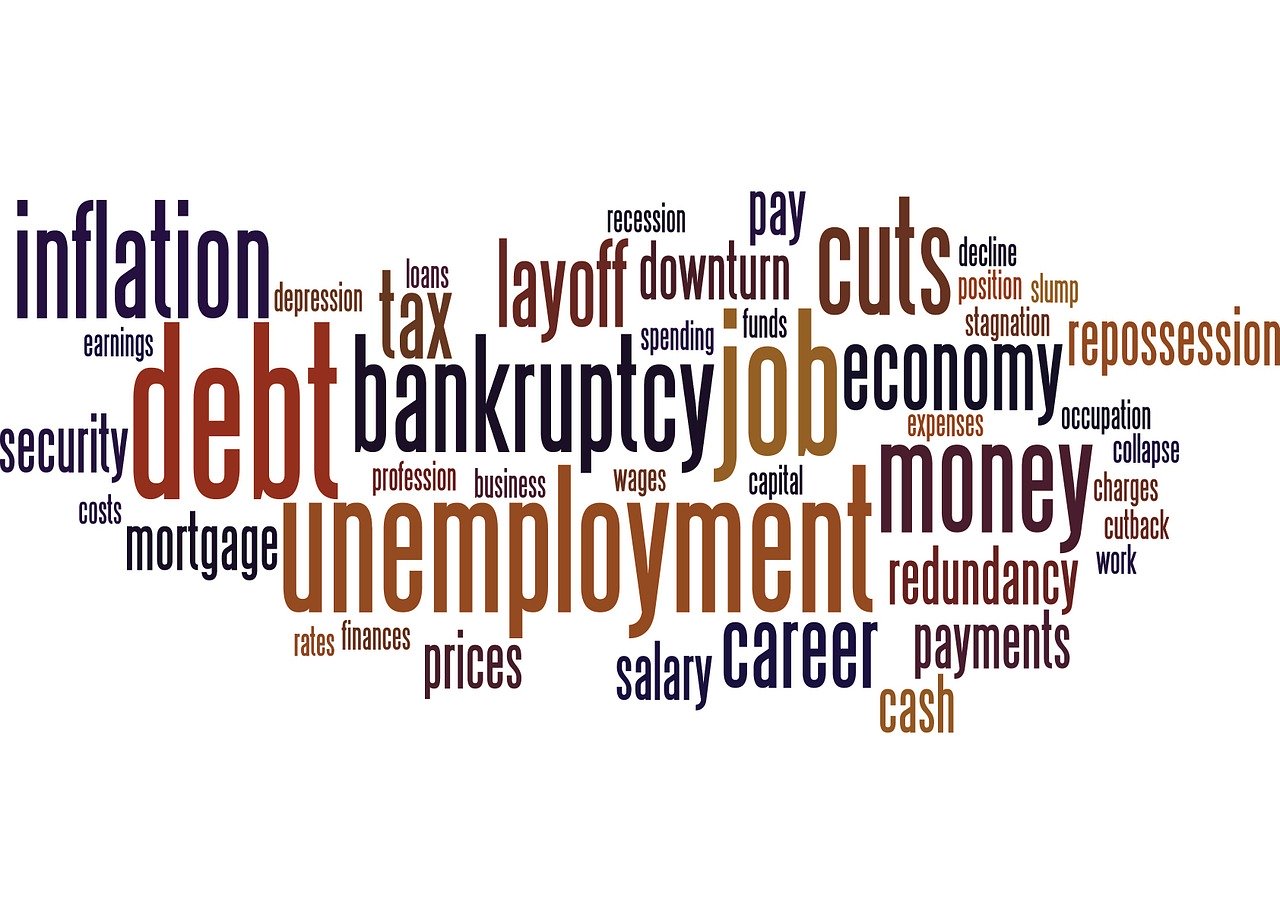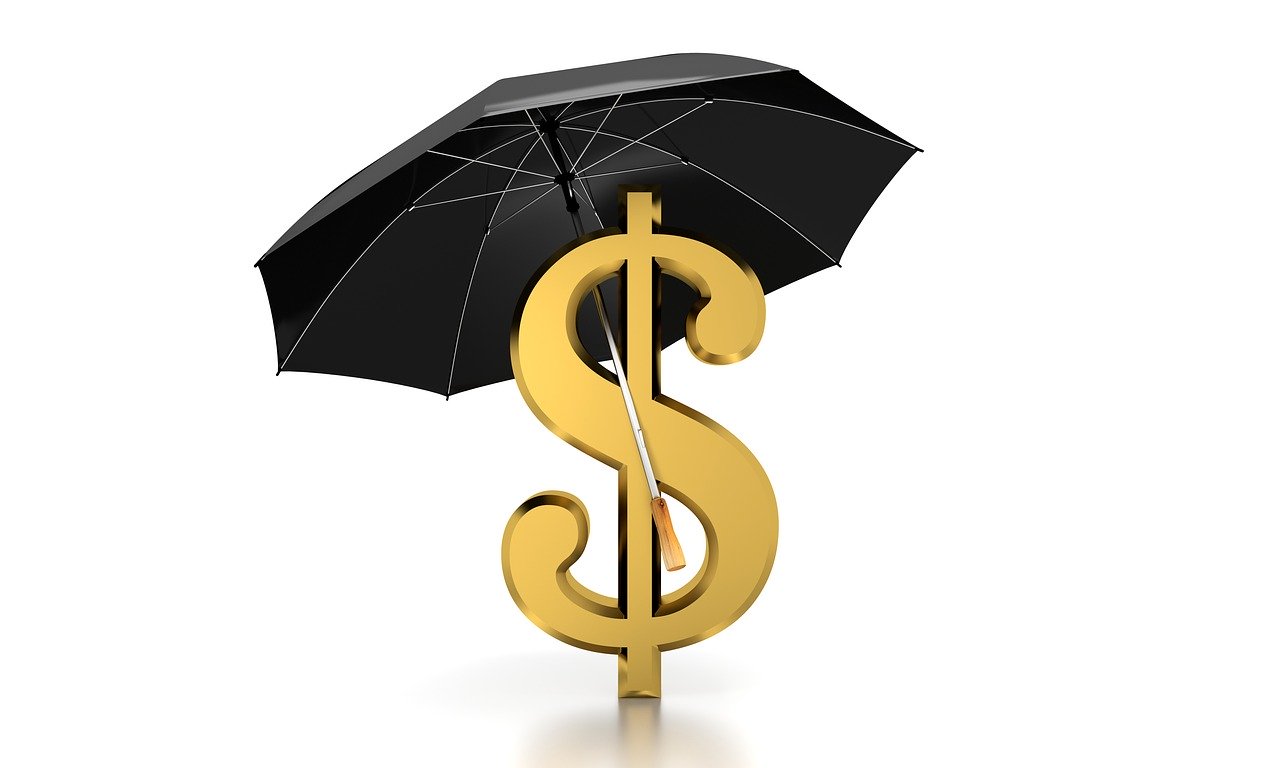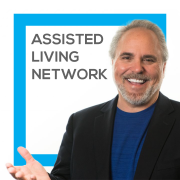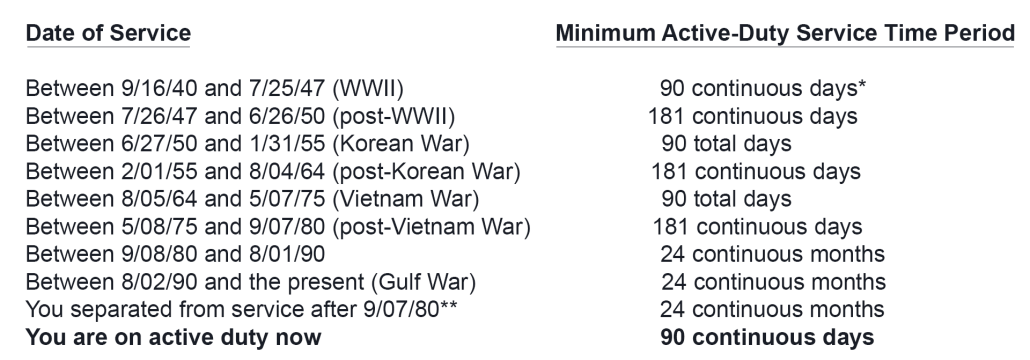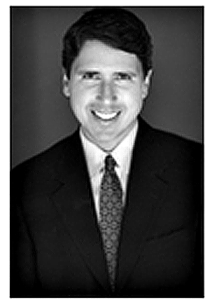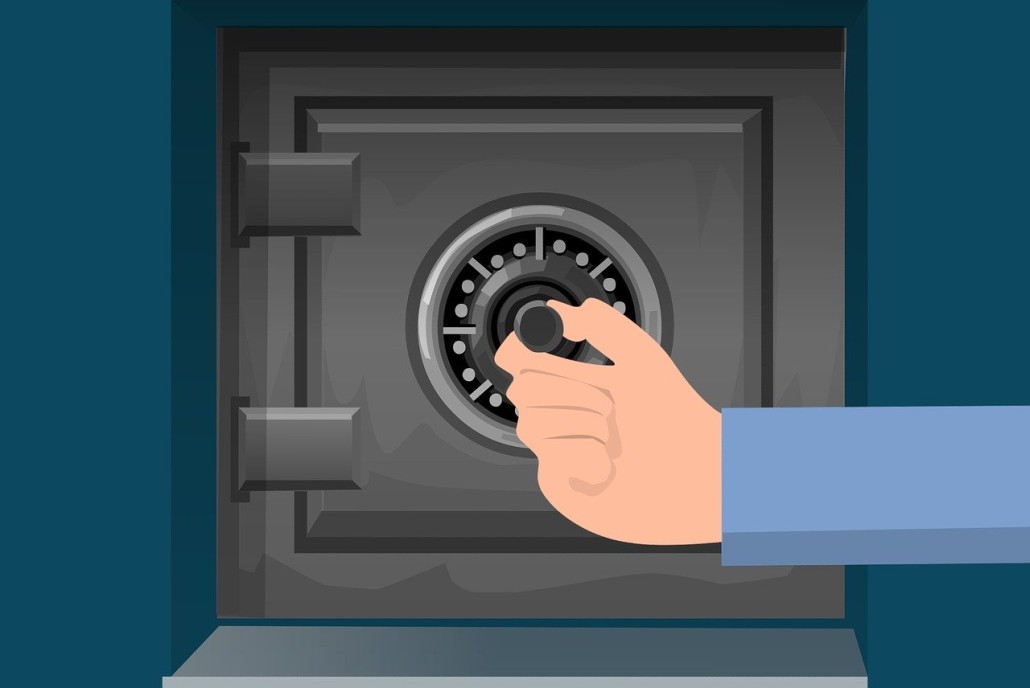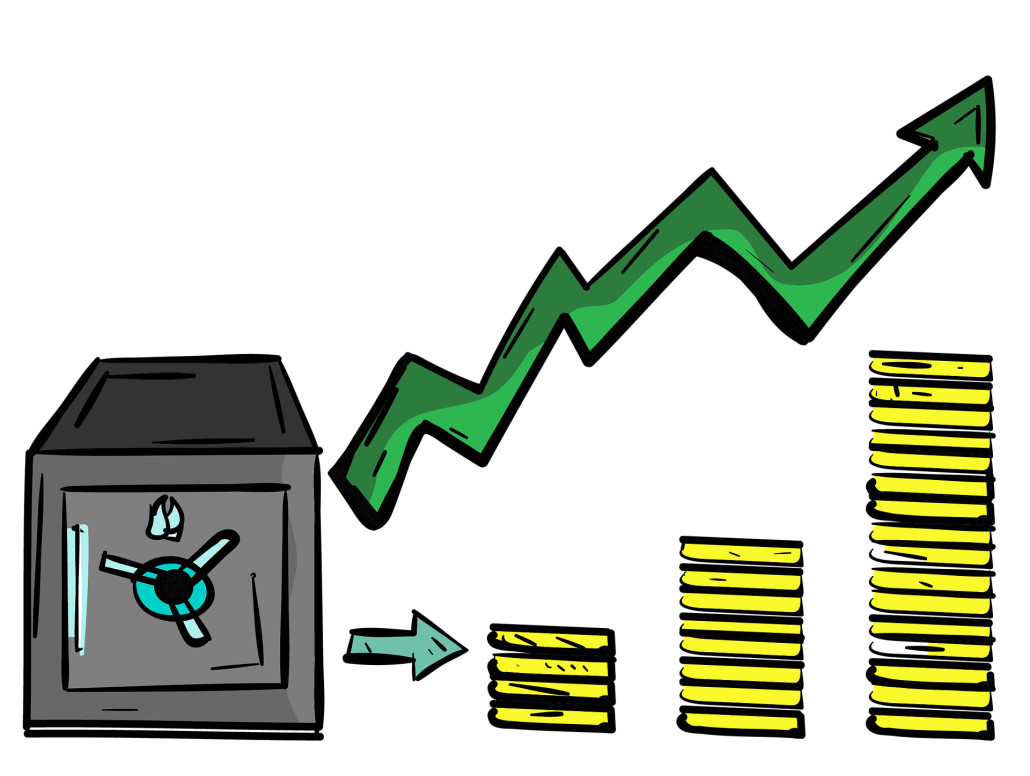Premiums: How Much and For How Long
By Gabby Darroch
Let’s talk about premiums, because, let’s face it, no one likes to pay them. But what if you began to look at them like deposits instead of payments? With The Money Multiplier Method, that’s really what they are.
How much does my premium (or deposit) have to be?
 You are incomplete control of what you want your deposit to be. Now, in order for your policy to do what we want it to, which is to make you the bank and generate wealth over time, we do have suggestions on what it should be. That looks something like this:
You are incomplete control of what you want your deposit to be. Now, in order for your policy to do what we want it to, which is to make you the bank and generate wealth over time, we do have suggestions on what it should be. That looks something like this:
(Your Age) x 10 = (Minimum Monthly Deposit Amount)
For example, Sally is 35 years old. So her minimum monthly deposit would be $350 (35 x 10). Again, we have it structured this way so you benefit the most from your policy.
Of course, you aren’t limited to monthly deposits. How often you want to pay is up to you as well. In fact, you can change your deposit frequency at any time. Most people opt for the monthly deposits, which is why we use that in this example. And who has ever really made “too many” deposits?
How long do I have to make deposits for?
In a typical policy, we will settle on what your premium deposit should be for the first five years. This premium deposit will include a paid up additions rider that accelerates the growth of the policy. In year six, you will then pay roughly forty percent less in premiums as the rider will have dropped off and no longer be necessary. For example, if you are paying a premium of $10,000 for five years, this includes a $6,000 paid up additions rider so in year six, you’ll only make a deposit of $4,000 for the remaining life of your policy.
Of course, that paid up additions rider can still be of value. That $6,000 (or whatever your paid up additions amount is) can then be used, along with any other funds you have, to start another policy. Consider it similar to a “branch office” because you are the bank now. And don’t banks have multiple locations? Why shouldn’t you?
As we always say, there are specific situations with all of our clients and our Money Multiplier Mentors are trained to help you make the best decisions in growing your family’s wealth. When you meet with one of them, ask them about your options and what will work best for your lifestyle.
Can I make a lower or higher deposit if I want to?
Absolutely. What you pay towards your premium is entirely up to you. We have never and will never tell you how much money to put towards your premium. We do like to note that the higher the premium, the better the return in your cash account.
 And if you have the means to deposit an additional lump sum of money (called “overfunding”) with your premium deposit this would accelerate the growth of your policy even more.
And if you have the means to deposit an additional lump sum of money (called “overfunding”) with your premium deposit this would accelerate the growth of your policy even more.
Keep in mind, if you take out a policy, you can always reduce your premium on that policy. You cannot increase your premium amount on the particular policy, but you can take out a new policy in addition to your initial policy. In fact, many of our members end up taking out multiple policies once they see the benefits of their initial policy.
Deciding on your premium deposit amount and frequency doesn’t have to be scary. On the contrary, we are with you every step of the way to make sure your policy fits your lifestyle in every way. As your life changes, so does your policy, as it should.
Your policy, your premiums, your way. This is what it feels like to be in control of your money.
To learn more about this method and what it can do for you, please visit www.TheMoneyMultiplier.com , scroll to the very bottom and click on “Member Area.” Enter the password “bankwithbrent” and watch the presentation that appears on the next page.
When you’re ready to get started on creating your financial legacy or if you have more questions, please email us at [email protected], or give us a call at 386-456-9335, and one of our mentors will be in touch with you.




